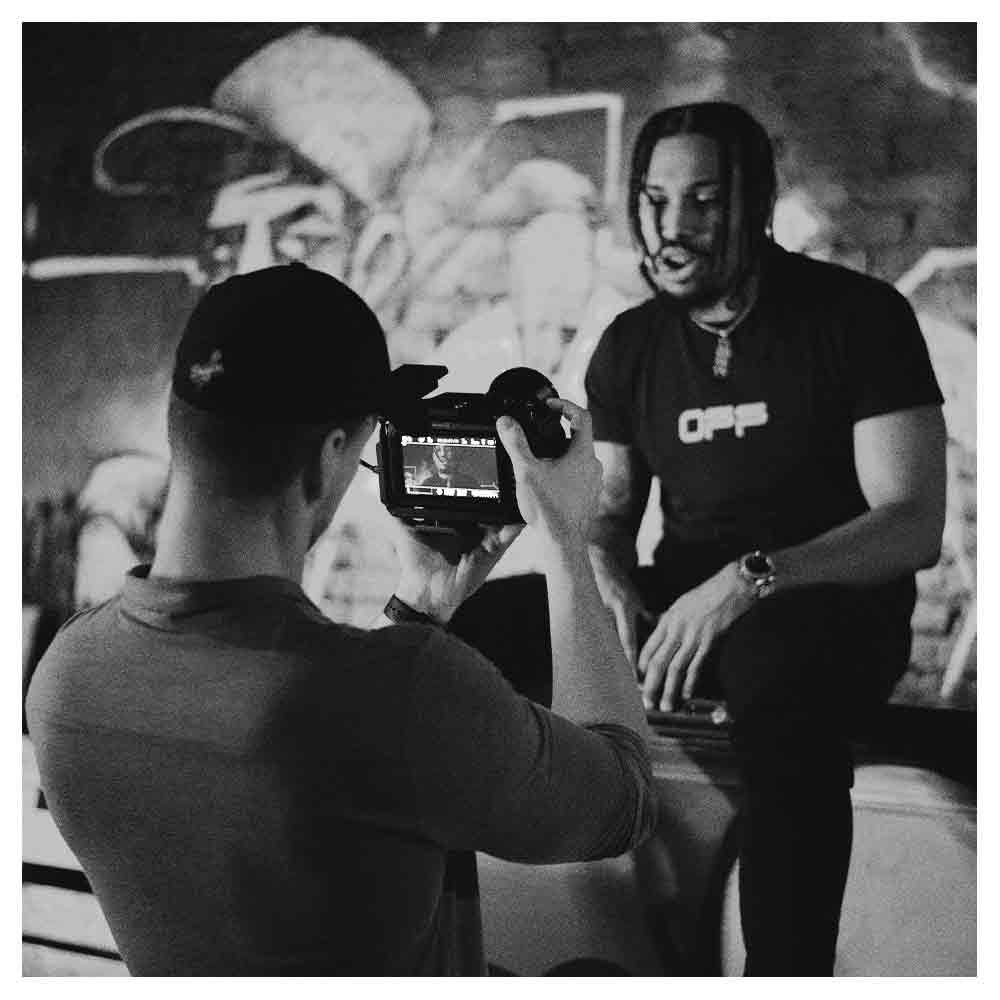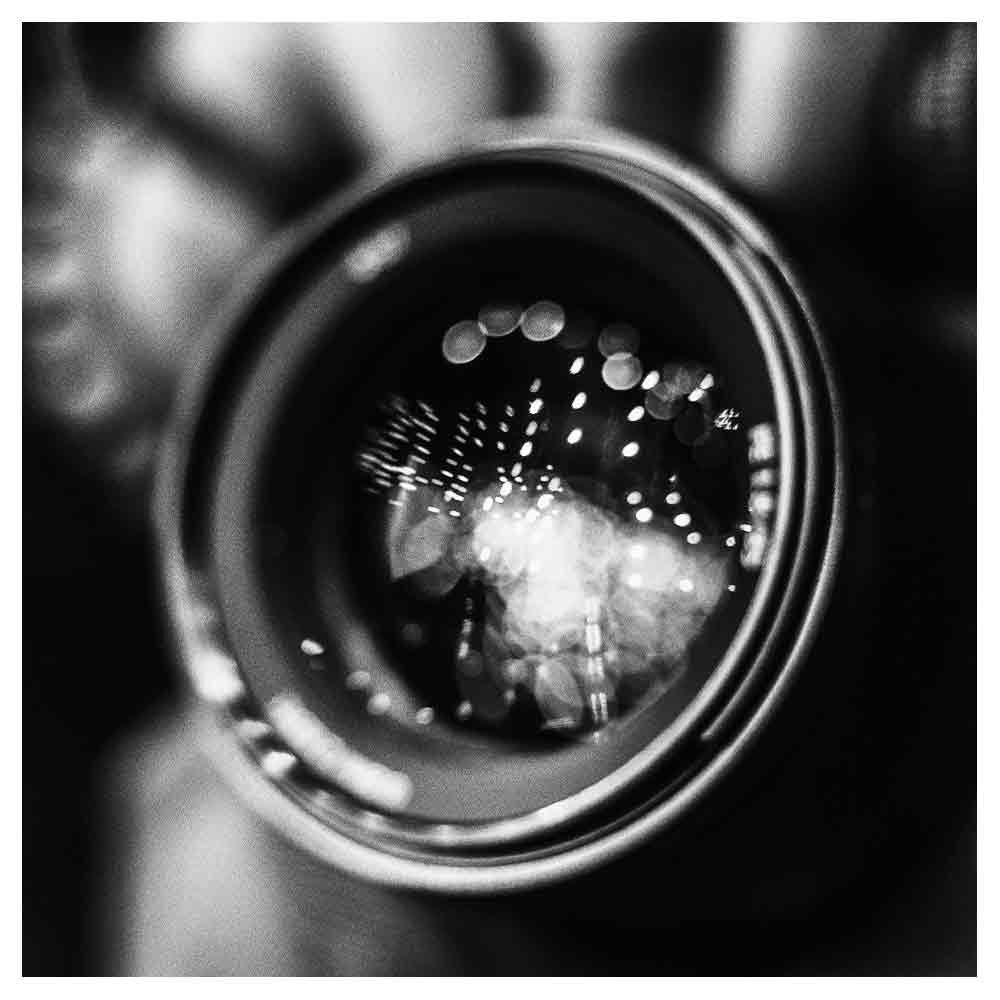9 Acting Methods Every Filmmaker Should Know
In the immersive realm of cinema, a filmmaker’s journey isn’t just about shooting captivating visuals, but it’s about diving into the myriad worlds of acting methods to extract the very essence of human expression.
The confluence of the director’s vision with the actor’s interpretation can create cinematic magic that resonates through time.
Here are nine crucial acting methods that are the beacon for filmmakers in crafting cinematic masterpieces.
1. Method Acting
Popularized by Lee Strasberg and derived from teachings at the Moscow Art Theatre, this technique demands deep personal connections.
It’s about drawing from emotional memory to capture the character's motivations and the human truth behind each scene. The likes of Johnny Depp and Grace Kelly have showcased the impact of this method.
2. Meisner Acting Technique
Sanford Meisner devised this method to emphasize instinctive reactions. By focusing on fellow actors and responding truthfully in the moment, the Meisner Technique pushes actors to live in the character’s world.
3. Classical Acting
Deeply rooted in textual analysis and tradition, classical acting explores the intricate nuances of timeless texts.
This method trains every actor to appreciate the weight of each drawn-out speech, making them relive the life of the character.
4. Practical Aesthetics Acting Technique
A brainchild of David Mamet and William H. Macy, this technique emphasizes a four-step analysis to identify the essential action in a scene.
Bridging the analytical with the emotional, it’s a method where the actor's work transcends the script's boundaries.
5. Chekhov Acting Technique
Delving into psychological gestures, the Chekhov Technique taps into the subconscious, enabling actors to move and act in ways that mirror the character’s emotional life.
6. Stanislavski's System
Pioneered by Konstantin Stanislavski, this system underscores emotional and sense memory. It’s the backbone behind many famous acting techniques, guiding actors to find the human truth in their performances.
7. Shakespearean Acting Techniques
A homage to the Bard, this method emphasizes rhythm, voice, and textual reverence. It’s a challenge, pushing actors like the classical greats to discern and convey the layered meanings within poetic lines.
8. Lee Strasberg’s Method
Another variant from Lee Strasberg, this method intensifies emotional recall and sensory exercises, often leading to deeply authentic performances.
It's the technique that many famous actors owe their most memorable scenes to.
9. Improvisation Exercises
The world of improv is spontaneous and unpredictable. It's a playground that equips actors with quick-thinking skills and versatility.
It’s not just comedy—improv can be a key to unlock intense emotional scenes and breaking traditions.
Final Thoughts
Every filmmaker holds the baton to this grand symphony. By understanding these methods, they can guide their orchestra—the actors—to a standing ovation.
And just like how every great actor learns from their acting classes and their experiences with other actors, every filmmaker should constantly evolve, adding all the tools to their repertoire to bring stories to life.
Embrace the world of acting techniques, for in them lie the secrets to cinematic magic!
Frequently Asked Questions About Acting Methods (FAQs)
What are Acting Methods?
Acting methods are structured approaches that actors use to create realistic performances. They are techniques developed to help actors dive deep into their character’s world, ensuring a portrayal that resonates with human truth and touches the audience's emotions.
How many Acting Techniques are there, and what are they?
There are numerous acting techniques, each with its unique approach and perspective. Some of the most notable include:
Method Acting Technique, developed by Lee Strasberg
Meisner Acting Technique
Classical Acting Method
Practical Aesthetics Acting Technique
Chekhov Acting Technique
Shakespearean Acting Techniques
What is Method Acting?
Method acting, associated with Lee Strasberg and the Moscow Art Theatre, is a technique where actors immerse themselves into their characters' lives, motivations, and circumstances to deliver a more realistic performance.
It involves drawing on personal connections and emotional memory to relate to the character's emotional life.
How does Classical Acting differ from other Acting Methods?
Classical acting, often associated with Shakespearean acting, relies on a grounded understanding of script analysis, character's motivations, and the essential action in a scene.
It often involves a greater emphasis on voice and drawn-out speech compared to more modern acting techniques.
Are there Acting Techniques suitable for beginners?
Absolutely! Many acting classes cater to newcomers and cover a range of acting techniques. An acting teacher might start with improvisation exercises and basic script analysis, gradually introducing different acting techniques as the actor gains more experience.
What is the essence of Practical Aesthetics?
Practical Aesthetics, a method focusing on the character's circumstances and what the character does rather than emotional recall, emphasizes a four-step analysis to understand the character's world.
It aims at achieving a realistic performance by concentrating on the essential action and not the character itself.
How can I choose the right Acting Style for me?
Choosing an acting style is a personal journey. Attend various acting classes, learn about the acting work of famous actors like Johnny Depp and Grace Kelly, and understand the philosophies behind each method. A great actor always remains a student, exploring and learning from fellow actors.
Do actors follow one Acting Method strictly?
No, many actors study and use elements from various acting methods to develop their unique acting style. It’s all about using all the tools at your disposal to craft a character that is truthful and compelling.
Can I learn Acting Online?
Yes! Many drama schools and platforms offer online acting classes. They cover a broad spectrum of acting styles and techniques, allowing you to learn and practice from the comfort of your home.
What are the values of Acting Techniques to the Actor's Ability?
Acting techniques are pivotal for enhancing an actor's ability. They equip actors with the skills needed to dive into different characters and scenarios, enabling them to present a more realistic, relatable, and convincing performance to the audience.
Can anyone become a Good Actor?
Absolutely! Every actor starts somewhere. With dedication, training, learning from good actors, and lots of practice, anyone can develop the skills needed to give a great acting performance.
How do Acting Techniques help in understanding a Character's Circumstance?
Acting techniques aid actors in understanding their character’s circumstances, motivations, and emotional life by offering structured approaches like script analysis, psychological gestures, and improvisation exercises.
They help in breaking traditions and experimenting to bring out the life of the character in real-life scenarios.
Can understanding different acting techniques help in Casting?
Definitely! Casting directors look for versatile actors who can adapt to different roles and styles.
Understanding different acting techniques can help you adapt and perform in various situations, increasing your chances of being cast.
What is the importance of Script Analysis in Acting?
Script analysis is crucial as it allows actors to understand the character's world, motivations, and circumstances.
It is the foundation upon which actors build their characters, ensuring a performance that is in line with the playwright’s vision and resonates with the audience.
How can Emotional Memory enhance an actor's performance?
Emotional memory, a concept from Stanislavski's method, involves recalling past emotions to bring depth and realism to a character’s emotional life.
It can create a deeper connection between the actor and the character, contributing to a more authentic and impactful portrayal.






























